
NASA, Canadian, and European satellites have observed worrying increases in the flow of glaciers into the open ocean, following the breakup of ice shelves in Antarctica. Two reports appearing in Geophysical Research Lettersused different techniques to arrive at similar results, suggesting climate warming can lead to rapid rises in sea level. Researchers from NASA’s Jet Propulsion Laboratory (JPL), the Goddard Space Flight Center (GSFC) and the National Snow and Ice Data Center (NSIDC), said the findings prove ice shelves act as “brakes” on the glaciers that flow into them.
As a result of climate warming, large ice shelves in the Antarctic Peninsula disintegrated in 1995 and 2002. Almost immediately after the 2002 Larsen B ice shelf collapse, nearby glaciers were observed flowing up to eight times faster than prior to the breakup. The speed-up also caused glacier elevations to drop, lowering them by as much as 38 meters in six months.
“Glaciers in the Antarctic Peninsula accelerated in response to the removal of the Larsen B ice shelf,” said Eric Rignot, a JPL researcher and lead author of one of the studies. “These two papers clearly illustrate, for the first time, the relationship between ice shelf collapses caused by climate warming, and accelerated glacier flow.”
The papers shed light on the relationships between climate change, ice shelf breakup, and increased flow of ice from glaciers into oceans. Increased flow of land ice into oceans contributes to sea level rise. While the Larsen area glaciers are too small to significantly affect sea level, they offer insight into what will happen when climate change spreads to regions farther south, where glaciers are much larger.
According to Rignot’s study, the Hektoria, Green and Evans glaciers flowed eight times faster in 2003 than in 2000. They slowed moderately in late 2003. The Jorum and Crane glaciers accelerated two-fold in early 2003 and three-fold by the end of 2003. Adjacent glaciers, where the shelves remained intact, showed no significant changes according to both studies. The studies provide clear evidence ice shelves restrain glaciers, and indicate present climate is more closely linked to sea level rise than once thought, Scambos concluded.

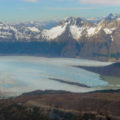
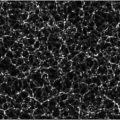

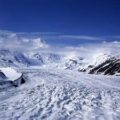

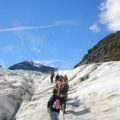


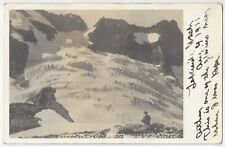


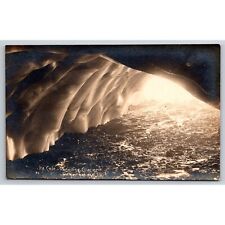
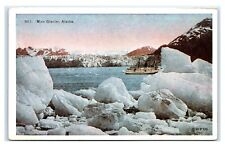



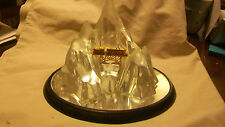
Comments are closed.